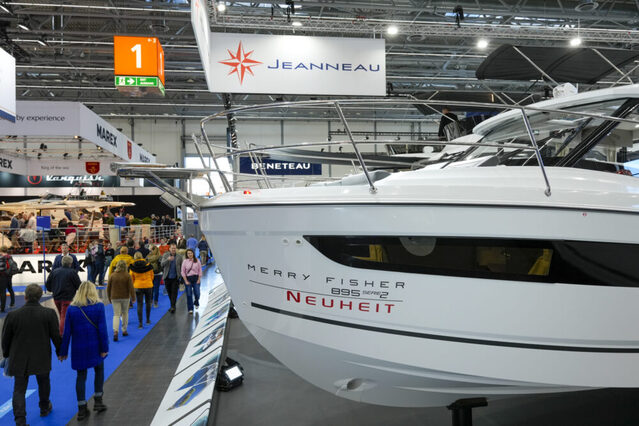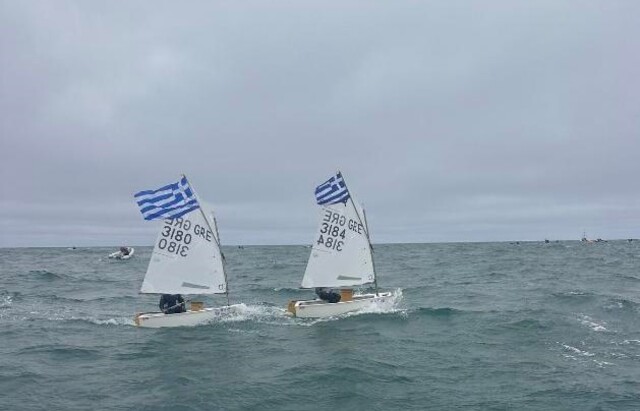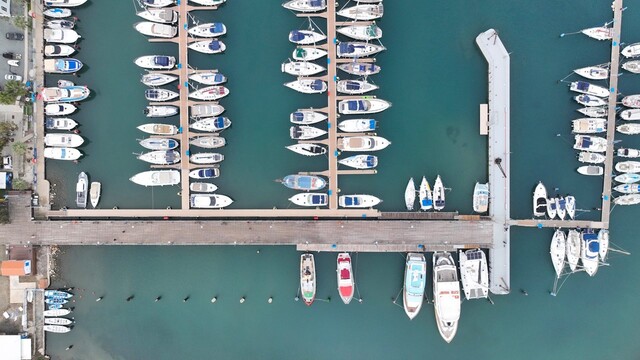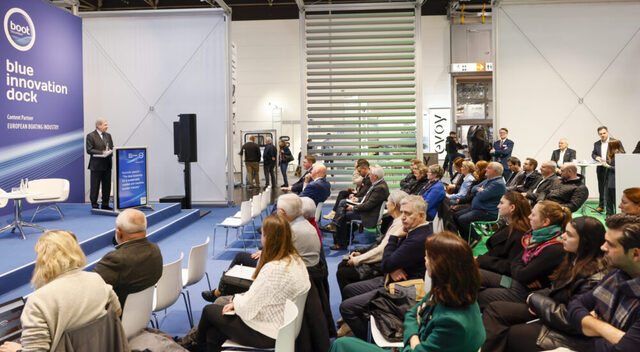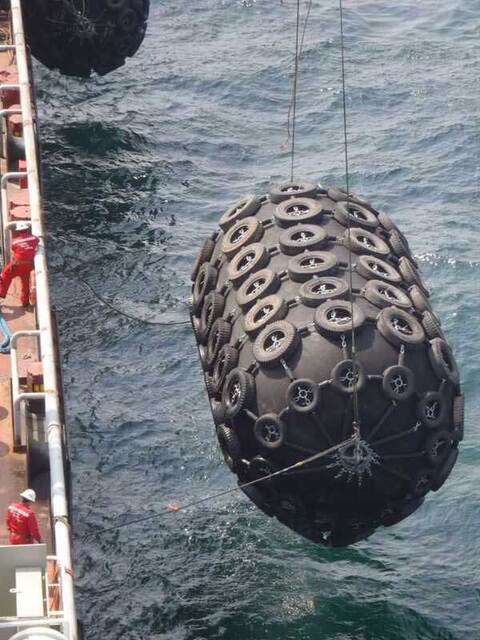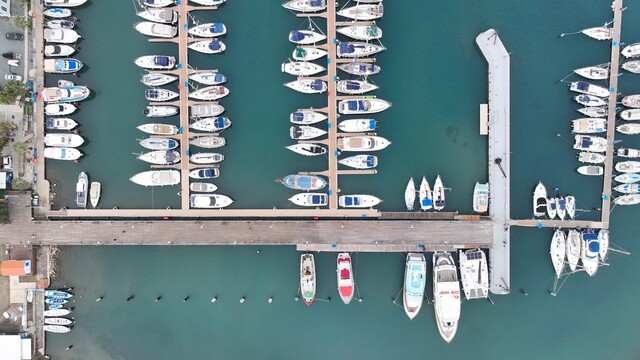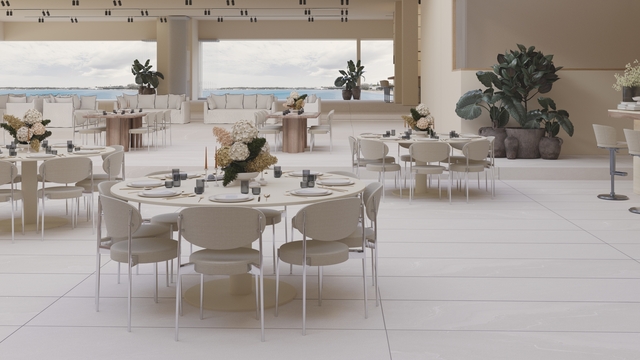-Thanks to Captain Petros’ consultation, EKKA Yachts can now share its guide formulated by the scientific input of HELMEPA, Hellenic Marine Environment Protection Association
-The loggerhead Caretta Caretta sea turtle provides simple, sustainable solutions that have a large impact on our marine environment.
-EKKA Yachts is committed to donating a fixed percentage of yearly income towards environmental organizations.
About 8 million tons of plastic are dumped into the world’s oceans every year. Those numbers are expected to rise. Our beautiful marine life and its natural habitats are constantly in danger from absorbing harmful toxins and chemicals through water pollution. In order to raise awareness on environmental issues and provide alternatives for eco-friendly yachting, EKKA Yachts enlisted the help of Captain Petros, a loggerhead sea turtle (Caretta Caretta), to guide the company and the yachting industry toward sustainable practices.
Captain Petros - as a sea turtle - has witnessed firsthand the harmful effects of plastic and chemical pollution on marine life; he provided EKKA Yachts with valuable advice to help him protect his beautiful home which he shares with humans.
“Sea turtles are fellow voyagers in the Mediterranean. We, too, have a strong urge to travel and then return to the comfort of our home. For a large population of us sea turtles, the Greek coast is our chosen home; our families return each year to start a new life cycle,” says Captain Petros. “Sea turtles have a long lifespan (up to 50 years!), and during our lifetime, we noticed that humans are engaging in practices that disrupt our natural marine environment.”
Thanks to Captain Petros’ consultation, EKKA Yachts can now share its guide - which was formulated by the scientific input of HELMEPA, Hellenic Marine Environment Protection Association - with owners, charter guests, and crew to provide simple, sustainable solutions that have a large impact on our marine environment.
1. Be mindful of where you anchor.
“Anchoring on rocky, grassy, or coral bottoms may destroy surrounding marine life and their homes, especially sea sponges, sea urchins, starfish, crabs, and fish, whom I consider great friends,” says Captain Petros.
Posidonia meadows – a seagrass ecosystem often referred to as “The lungs of the Mediterranean”- are now at risk due to human activity. To avoid further destruction of Posidonia beds and coral bottoms, Captain Petros advises anchoring in designated areas, mooring fields, or sandy bottoms.
2. Use environmentally friendly cleaners and detergents.
Boat maintenance may impact the aquatic environment if harmful chemicals seep into the ocean during cleanings or upkeep. Products that contain chlorine, ammonia, phosphates, potassium hydroxide, and solvents damage marine life or create nutrient imbalances leading to algal blooms, which are harmful to aquatic environments.
Captain Petros asks that the crew please use non-toxic cleaning products and rinse yachts with fresh water. Better yet, apply boat wax every year to avoid the accumulation of contaminants and, therefore, less cleaning altogether. Crew should also stock the yacht with environmentally-friendly toiletries, cosmetics, cleaning products, and sunscreens to prevent further harm to marine environments.
3. Eco-friendly practices to control underwater noise.
“As a human, you may not hear it — but the noise and vibrations from human activities can travel long distances underwater. This can be dangerous for sea turtles as it prevents us from hearing our predators or communicating with our family,” says Captain Petros.
Conducting regular maintenance or using vibration-isolating machinery will help minimize noise pollution from yachts. Please be especially cautious when sailing into marine protected areas, urges Captain Petros.
4. Apply non-toxic coating or antifouling methods to protect the yacht and the environment.
Yacht hulls accumulate microorganisms, plants, and algae in a process known as biofouling.
So humans use antifouling chemicals to prevent the attachment of unwanted marine organisms onto the hull.
Captain Petros wants yachtsmen to know that antifouling coatings may leak chemicals into the water that could harm marine life. To avoid this, apply a non-toxic coating and practice safe antifouling methods that use ultrasonic waves, enzymes, or silicone liquids to protect both the yacht and the environment.
| Cyprus Yachting Articles - More Articles... |
|
|












